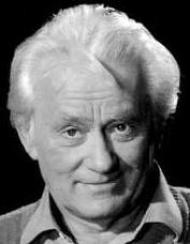British scientist Joseph Priestley discovered
oxygen gas, corroborating the prior discovery of this element by German-Swedish chemist Carl Wilhelm Scheele.
DiscoveryOxygen was first discovered by Swedish pharmacist Carl Wilhelm Scheele. He had produced oxygen gas by heating mercuric oxide and various nitrates by about 1772. Scheele called the gas "fire air" because it was the only known supporter of combustion, and wrote an account of this discovery in a manuscript he titled
Treatise on Air and Fire, which he sent to his publisher in 1775. However, that document was not published until 1777.
In the meantime, on August 1, 1774, an experiment conducted by the British clergyman Joseph Priestley focused sunlight on mercuric oxide (HgO) inside a glass tube, which liberated a gas he named "dephlogisticated air". He noted that candles burned brighter in the gas and that a mouse was more active and lived longer while breathing it. After breathing the gas himself, he wrote: "The feeling of it to my lungs was not sensibly different from that of common air, but I fancied that my breast felt peculiarly light and easy for some time afterwards." Priestley published his findings in 1775 in a paper titled "An Account of Further Discoveries in Air" which was included in the second volume of his book titled Experiments and Observations on Different Kinds of Air. Because he published his findings first, Priestley is usually given priority in the discovery.
The noted French chemist Antoine Laurent Lavoisier later claimed to have discovered the new substance independently. However, Priestley visited Lavoisier in October 1774 and told him about his experiment and how he liberated the new gas. Scheele also posted a letter to Lavoisier on September 30, 1774 that described his own discovery of the previously unknown substance, but Lavoisier never acknowledged receiving it (a copy of the letter was found in Scheele's belongings after his death).

